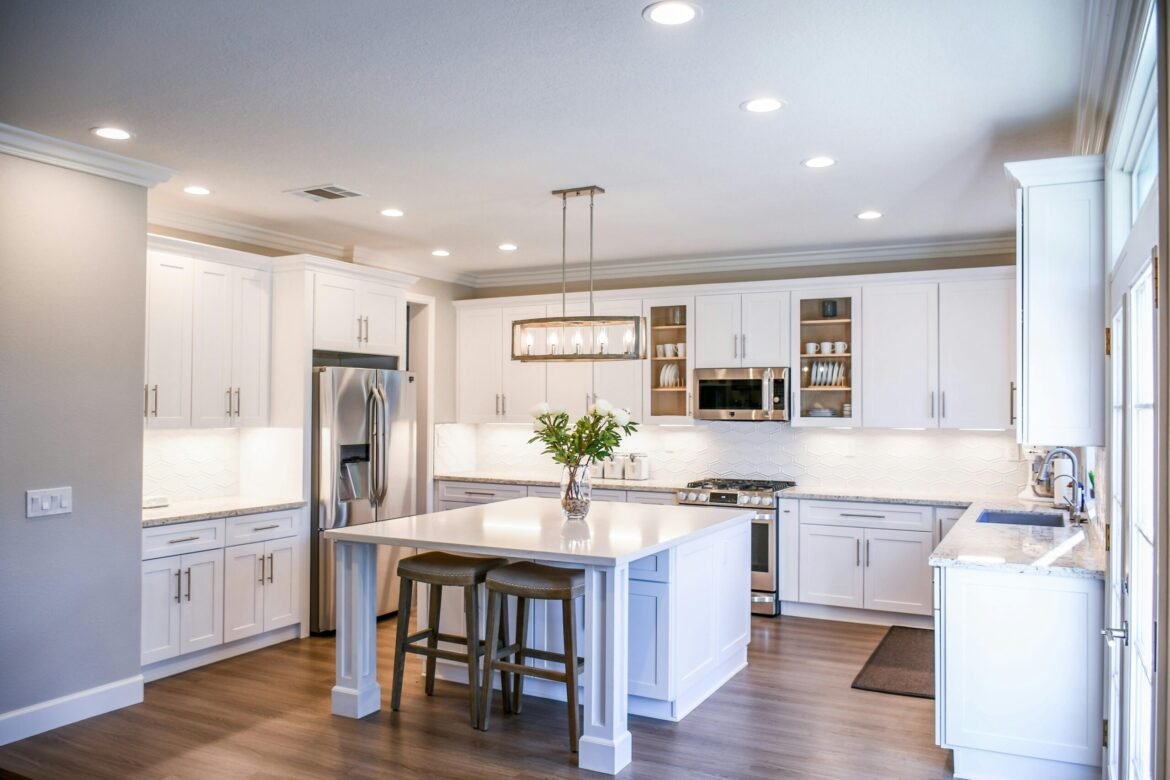Understanding the Rise of Sustainable and Energy-Efficient Homes
In recent years, the concept of sustainable and energy-efficient homes has gained significant traction in both the real estate market and among consumers. This surge in interest is primarily attributable to an increasing awareness of environmental issues and a collective desire to mitigate their impacts. As more individuals educate themselves on the consequences of their lifestyle choices, the push towards eco-friendly housing has become a prominent trend. This article delves into the factors contributing to this demand and the implications for homeowners and builders alike.
Consumer Awareness and Environmental Impact
One of the main driving forces behind the demand for sustainable homes is the heightened consumer awareness regarding environmental sustainability. The availability of information through various media channels, including documentaries, social media, and scientific research, has educated the public on climate change, pollution, and resource depletion. Consequently, many consumers are reconsidering their living arrangements and are more inclined to seek out homes that reduce their carbon footprint. Embracing energy-efficient homes is seen not only as a personal choice but also as a responsibility toward future generations.
The Role of Government Policies
Government initiatives at both local and national levels have played a pivotal role in promoting sustainable building practices. Many governments have introduced incentives such as tax breaks and grants for homeowners who undertake energy-efficient renovations or invest in renewable energy solutions, such as solar panels. Additionally, building codes are increasingly mandating higher energy efficiency standards for new constructions, which helps to ensure that sustainable practices become the norm rather than the exception. This regulatory framework supports the trend towards greener living, aligning public policy with consumer desires.
Technological Advancements in Building Materials
Another significant factor driving the growth of sustainable homes is the advancement in technology and building materials. Innovations have led to the development of highly efficient insulation, energy-efficient windows, and sustainable flooring options. These materials not only enhance the comfort of the living space but also significantly reduce energy consumption. Furthermore, smart home technologies enable homeowners to optimize energy use by monitoring energy consumption, controlling heating and cooling systems, and utilizing energy storage solutions, all contributing to a greener lifestyle.
Economic Incentives for Energy-Efficient Homes
The financial benefits of choosing a sustainable home also play a crucial role in consumer decisions. Energy-efficient homes can result in decreased utility bills due to lower energy consumption. Many prospective buyers are aware that, in the long run, investing in energy-efficient features translates into significant savings. Additionally, as society increasingly values sustainability, property values for homes with eco-friendly features are on the rise. This realization makes energy-efficient homes a desirable option for both current homeowners and potential buyers.
Sustainability and Lifestyle Choices
Choosing to pursue a sustainable lifestyle often goes hand in hand with making environmentally conscious home choices. Individuals who embrace green living look beyond mere energy efficiency; they often seek to incorporate sustainable practices into every aspect of their lives, including waste reduction, healthy living, and community engagement. As a result, neighborhoods that prioritize sustainability may gain an appeal to like-minded individuals, fostering communities that share values regarding environmental stewardship. This creates a cycle where demand and supply of sustainable homes reinforce each other.
The Future of Sustainable Housing
Looking to the future, the trend towards sustainable and energy-efficient homes shows no signs of slowing down. As climate change concerns continue to shape consumer preferences, builders, architects, and policy-makers alike are expected to prioritize eco-friendly practices. Furthermore, with advancements in green technology and an emphasis on sustainable living in urban planning initiatives, we are likely to see a wider array of housing options that appeal to eco-conscious consumers. The market will need to adapt to these demands, ensuring that sustainability becomes integrated into the core of modern housing practices.
Conclusion
The increasing demand for sustainable and energy-efficient homes reflects a significant shift in consumer behavior and societal priorities. With growing awareness of environmental issues, supportive government policies, and advancements in technology, the landscape of homebuilding and home buying is changing. As communities embrace eco-friendly practices, the future of housing not only aims to provide comfortable living solutions but also strives to create a more sustainable world. This trend augurs well for both the environment and the economy, paving the way for smarter choices and a healthier planet.
FAQs
What defines a sustainable home?
A sustainable home is designed and built to minimize its environmental impact, often featuring energy-efficient appliances, sustainable building materials, and smart technology that reduces energy consumption.
Are energy-efficient homes more expensive?
While the initial investment in energy-efficient features may be higher, homeowners typically save money in the long run through reduced utility bills and potential tax incentives.
What are some common features of energy-efficient homes?
Common features include high-quality insulation, energy-efficient windows, solar panels, smart thermostats, and Energy Star-rated appliances.
How can I make my existing home more sustainable?
Homeowners can adopt various measures, such as upgrading appliances to energy-efficient models, improving insulation, sealing air leaks, and incorporating renewable energy sources like solar power.
Are there government incentives for building sustainable homes?
Yes, many local and national governments offer incentives, such as tax credits, grants, and rebates, to encourage homeowners to invest in energy-efficient renovations and sustainable building practices.

